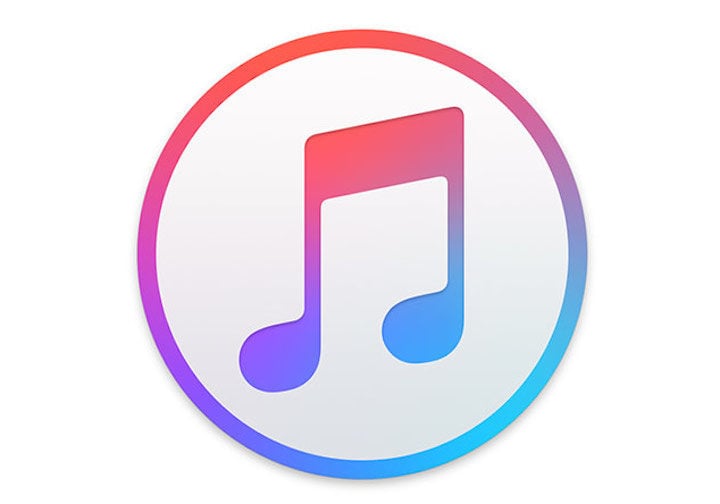
When Roe v. Wade was decided almost half a century ago, Frederica Mathewes-Green believed that the landmark decision didn’t go far enough to ensure adequate abortion access for women. However, everything changed after she read an article titled “What I Saw at the Abortion” in a 1976 edition of the magazine Esquire that detailed the violent act against both woman and child that takes place when an abortion is performed. Simply put, there was no way that a peace-loving feminist could support this violence against both woman and child and just like that she became a pro-life advocate. Frederica Mathewes-Green went on to become a pre-eminent voice for the lives of the unborn and—importantly—the mothers who carried these children. Almost everyone on both sides of the debate can agree on one thing—abortion is a miserable choice, as Frederica emphasized in Real Choices: Listening to Women, Looking for Alternatives to Abortion, “No woman wants an abortion as she wants an ice cream cone or a Porsche. She wants an abortion as an animal caught in a trap wants to gnaw off its own leg.”
Frederica joins Hank Hanegraaff to discuss the state of abortion in America as well as what she has learned during the decades of her distinguished career encouraging dialogue between pro-choice and pro-life advocates.
For further study, see Frederica Mathewes-Green, Real Choices: Listening to Women, Looking for Alternatives to Abortion.
Topics discussed include: What changed your mind about abortion? (5:00); is abortion a violent act against women? (8:30); abortion fatigue—people just don’t want to talk about abortion (9:30); Roe v. Wade (11:00); snowflake children—when does life begin? (12:15); the importance of listening to the stories of women when discussing abortion (18:50); defending unborn children without making mothers the enemy (23:45); finding common ground—how can pro-choice and pro-life people better understand one another? (26:30); is public opinion changing on abortion? (30:25); most countries in the world have banned abortion after 12 weeks—making US abortion policy one of the most liberal globally (33:20); “in the land where women kill their unborn children, every lesser love grows frail” (34:30); the extreme individualism of our culture (38:35); what would America look like without abortion? (40:30); what about adoption instead of abortion? (45:15); misconceptions about contraception (48:25); cheap sex—the devaluation of sex in a culture of free love (50:00); the difficulties of being a single parent and the benefits of a two-parent home (59:00); the war on adoption—why is adoption disparaged by abortion advocates? (1:02:40); what actually happens during an abortion procedure? (1:05:45); victims of unisex sexuality (1:12:10); the paradoxical aims of feminism (1:13:30); the problem with government welfare programs (1:18:15); the importance of a support system for mothers and children (1:20:00); the importance of listening to women’s stories about abortion (1:21:30); the issue of abortion in the early church (1:27:15); how should we talk about abortion? (1:30:00); responding to common pro-choice claims about abortion (1:34:00); the impact of Frederica Mathewes-Green’s book Real Choices: Listening to Women, Looking for Alternatives to Abortion (1:42:25).
- Listen to Hank’s podcast and follow Hank off the grid where he is joined by some of the brightest minds discussing topics you care about. Get equipped to be a cultural change agent.
- Archived episodes are on our Website and available at the additional channels listed below.
- You can help spread the word about Hank Unplugged by giving us a rating and review from the other channels we are listed on.
Also available on the following Smart Speakers. Ask them to play Hank Unplugged podcast.
Siri (Apple)

Alexa (Amazon)






















